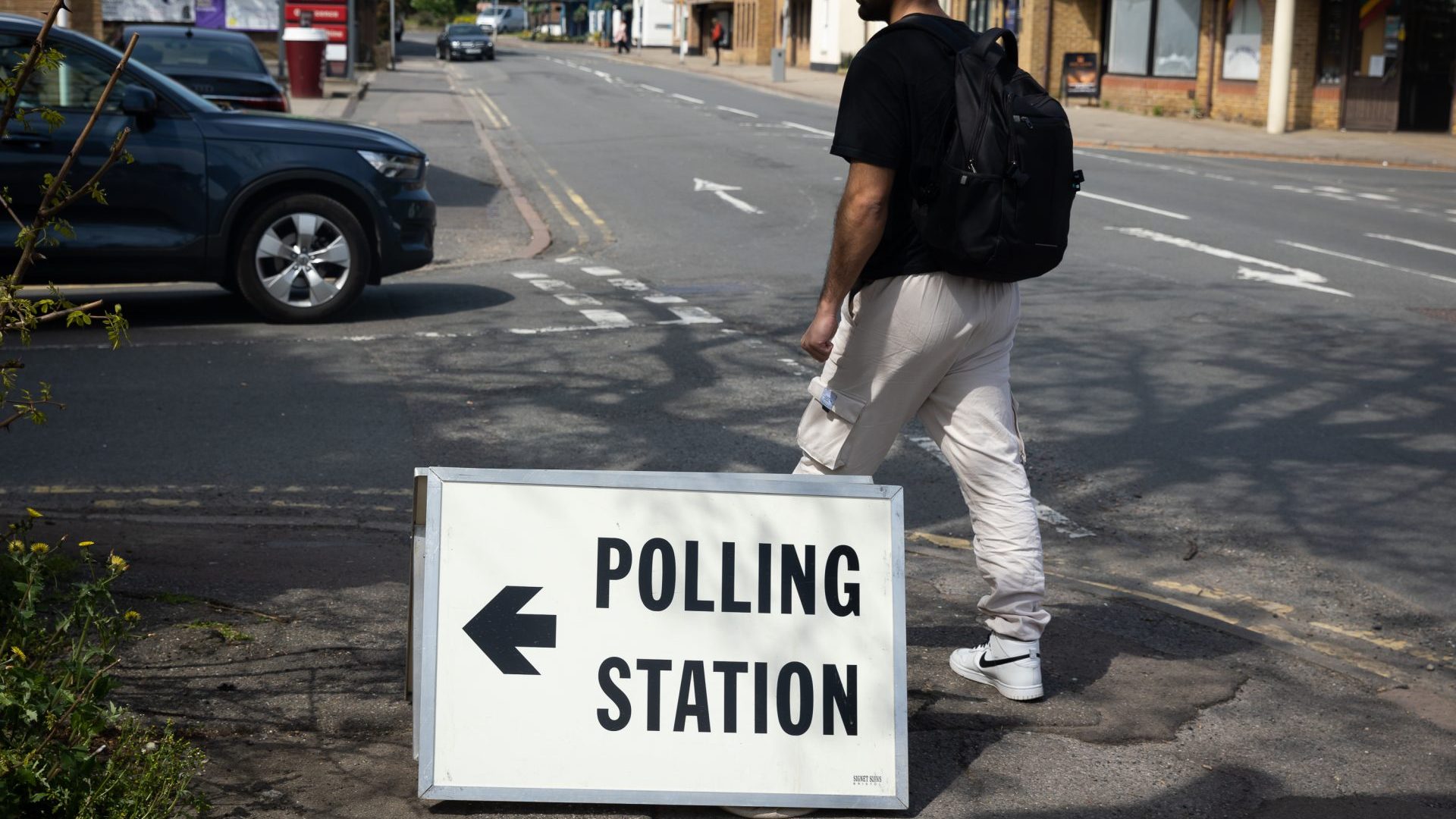I knew the question was coming because the reminders at the polling station were everywhere. Even so it felt a little unsettling. “Can I see your photo ID please?”
I tried to get my driver’s license out of my wallet, but it was jammed in there. This was strangely reassuring. We’ve never been a “show me your papers”-type society. Politicians ranging from Tony Blair to William Hague have proposed some sort of ID card. But no – not for us, thanks. Having never needed to show my driver’s license, it seemed to have become fused into my wallet.
“Have you had to turn anyone away yet?” I asked as I fumbled. My question caught the ear of a passing voter, who stopped to listen.
The election officials – there were three of them – looked at one another. And having reached some sort of silent agreement, one of them told me that yes, they had turned some people away.
“One of them got quite angry,” said the election official.
“But then he went home and came back a bit later with the right ID, so that was alright,” said another. “And we can tell you this. We’re not telling you any names, so it’s alright, isn’t it?”
That had happened several times, they explained, meaning that no one had actually been prevented from voting. The result was simply inconvenience. In other words, the new voter ID rules had failed to catch anybody attempting to vote illegally.
Finally I managed to prise the licence out of my wallet. The official took it, studied it, looked at me, looked at the photo, then me again, and handed it back.
“Would you over let anyone off?” I asked. “If they didn’t have the right ID?”
“No,” they chorused.
“Not even if it was my next door neighbour I’ve known 20 years,” said one of them. “Even then, if they didn’t have one of the IDs on the list, they can’t vote.”
“So what about what Jacob Rees-Mogg said about it?” asked the other voter who had stopped to listen in to our conversation. Rees-Mogg is the MP for the next door constituency, which means he’s a bit of a regional embarrassment. Earlier that day, he had advised election staff to be “flexible,” when it came to the ID question.
The people at the polling station said that flexibility wasn’t possible and that the rules were clear.
“So he was just lying again, was he?” the passing voter asked. The polling staff, being good public citizens, offered no reply.
In 2017 one British person was convicted for the crime of “personation,” that is, pretending to be someone else in order to vote. Then in 2021, Kent Police identified a woman who had used her mother’s polling card to vote, because her dad had told her to. They got police cautions.
That, it seems, is the extent of Britain’s voter fraud problem. So why has the government introduced voter ID rules to combat a problem that isn’t there?
Chris Heaton-Harris, the Northern Ireland secretary, was sent out by the government to explain their colossal loss of council seats. When asked about the ID scheme he called it “a thoroughly good thing”, which is a little odd – weren’t Conservatives meant to be against bureaucracy, red tape and limits on people’s individual liberty?
But then the voter ID question isn’t really a Conservative issue at all – it’s a culture war issue, and one that’s been imported from the United States. Over there, Republican authorities have started introducing strict election day rules in Democrat-voting districts, leading to huge queues at polling stations. This is what’s known as “voter suppression”.
Fortunately, Britain is a long way from that, and the turnout was so low that it seems the British electorate is quite capable of suppressing itself. When I went to vote, there was no queue at all.
But being asked to show your papers at the polling booth is the first overt intrusion of the culture war into the British electoral system. Despite what government ministers may say, this is not a good thing.











